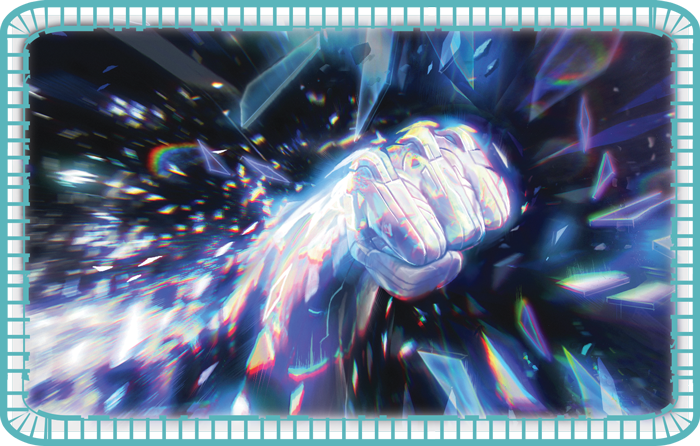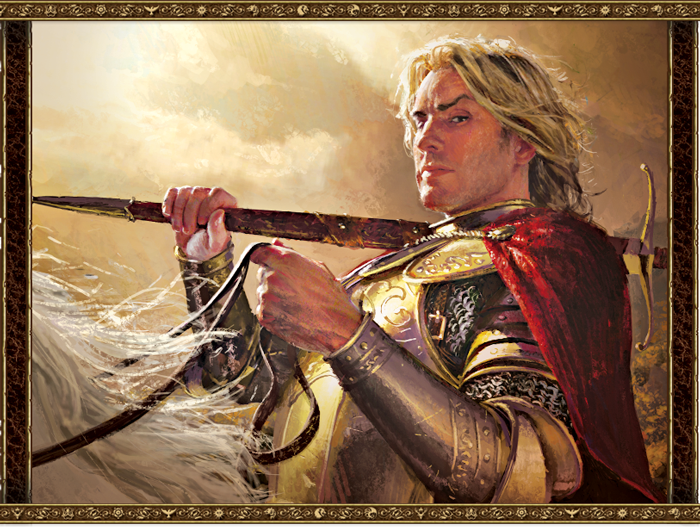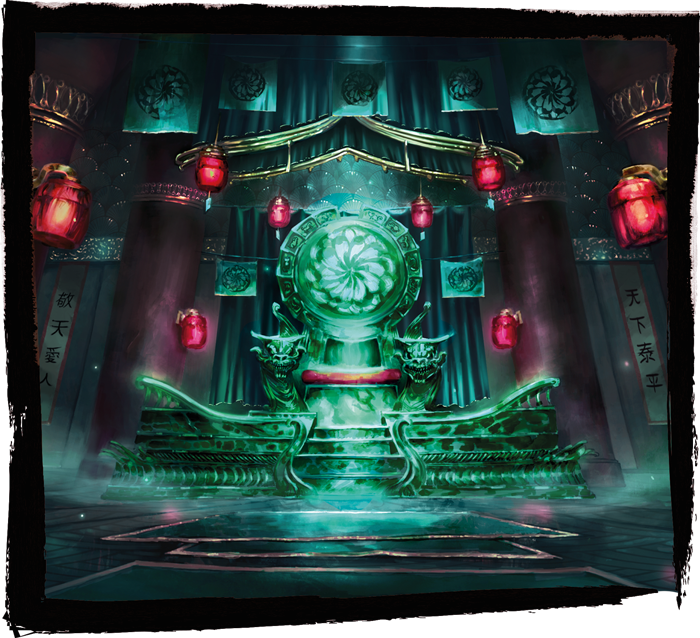FFG: Designer Journal – Changing The Way You Think About ‘Winning’
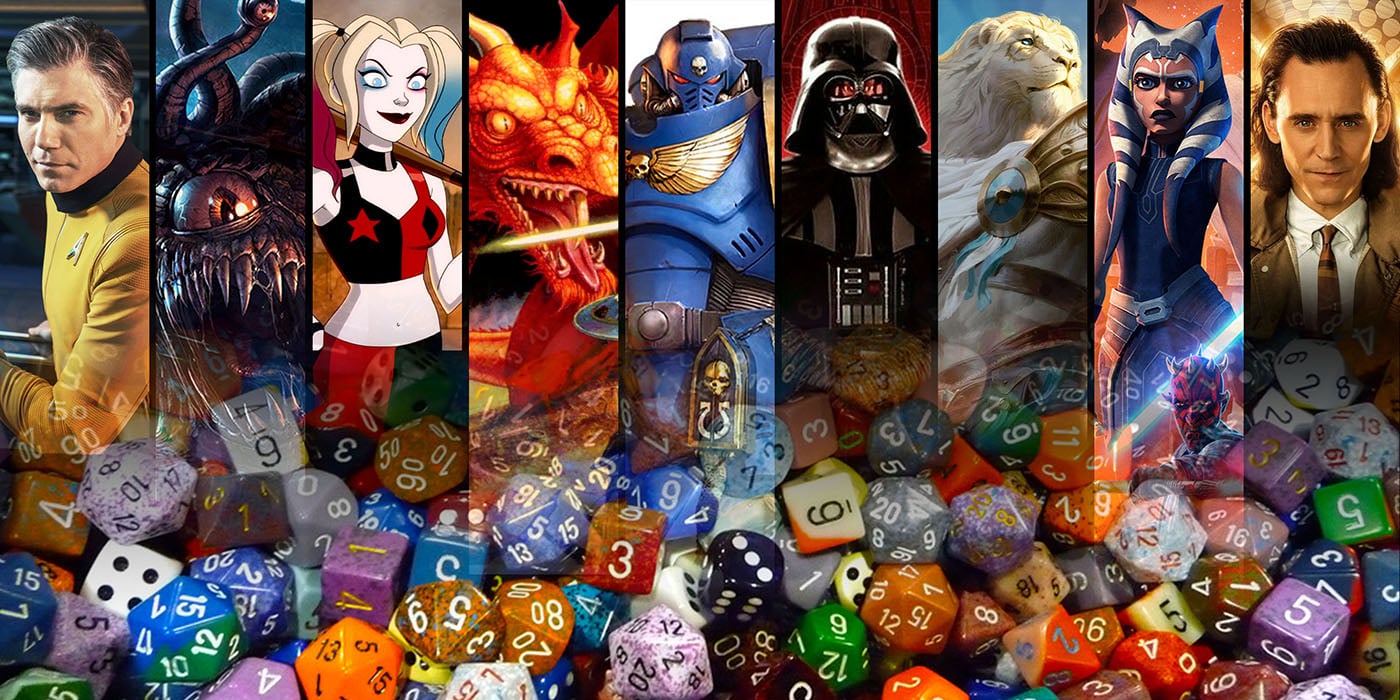
Fantasy Flight Games Game Designer Nate French has some words of wisdom in the latest Design Journal Series. Changing your attitude about “Playing To Win” can improve your game and the way you treat your opponents.
The Designer Journal series from Fantasy Flight Games has been a really enlightening read. If you’re unfamiliar with the series, FFG brings in one of their Designers and they talk about a ton of different subjects. They’ve done things like introducing the teams behind your favorite games, given advice on how to become a game designer, to talking about Archtypes of players – and many, many more.
In the most recent Designer Journal, Nate French talks about the ‘lie’ of “I Play to Win” – it’s not just bad for you the player, it can also lead to bad experiences for your opponents. Thankfully, he doesn’t just leave the reader there, he’s got some sage advice on how to change your thinking to not just improve your game, but also improve your game play interactions.
via Nate French – “I Play to Win” is a lie, Fantasy Flight Games
“The statement “I play to win” has been used to rationalize and justify a fair bit of behavior that runs the gamut from off-putting to questionable to unethical and downright evil. As a competitive gamer who’s had some success in various arenas in the past, such a mindset has never been one that I have been completely at peace with.”
Now, we highly suggest that you read the full article – competitive gamer or not. Nate does a fantastic job of breaking down why this mentality is problem and how “playing to win” can lead to some pretty messed up thinking.
Don’t Fall Into ‘The Trap’
“The biggest self-defeating trap in the “play to win” mentality is this: winning is a result, and we don’t get better at games by following results-oriented thinking.”
When you think that only the results matter, you tend to start basing your decision making on the outcome vs the quality of your “logic and objective analysis.” One example he uses is a quote from Andrew Brokos of the Thinking Poker podcast:
“the end result of you winning the pot does not change the fact that the way you played the hand was a complete disaster.”
Players can “luck” their way into a win and suddenly start thinking they made the right moves – that’s NOT the way you get better at a game. Eventually your luck will run out and you’ll be left in bad spot – and probably “blaming your dice” on your crappy decision making.
I mean, we’ve all been there. You’ve played “that guy” who can’t accept that they just got outplayed and blames their loss “on that one dice roll” – and if you haven’t, you might want to look in the mirror because YOU might be that guy.
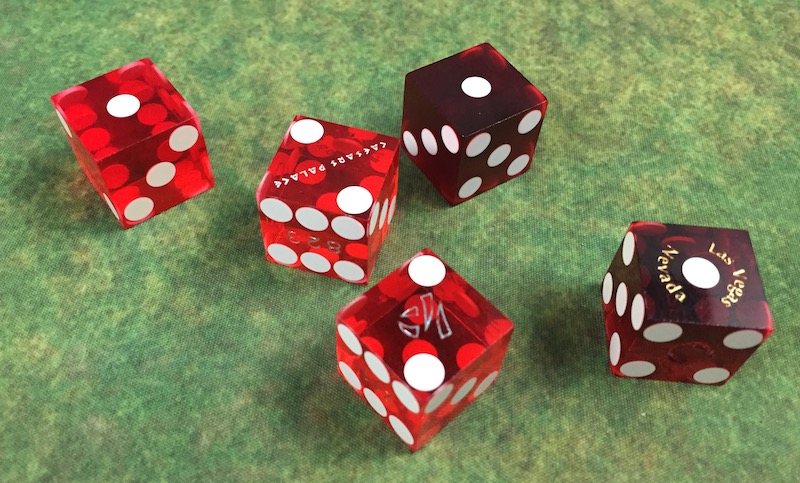 But my dice ARE out to get me!
But my dice ARE out to get me!
“…a game is not decided by bad (or good!) luck, it was decided by a mistake (or series of mistakes) made by one of the competitors. Just as we cannot control luck, we cannot control whether or not our opponents make mistakes. All we can do then, as competitors, is eliminate as many mistakes as possible from our own play, and be prepared to capitalize on the mistakes our opponents do make.”
That right there is some of the best advice I have ever read. Period. Players cannot control luck. They can only control their own play – learning to play “perfect” is based on logic and sound, objective reasoning. If you find yourself blaming your losses on luck of the dice then you might want to take a step back and think about all the little things that led up to “that one critical die roll” that “lost” you the game.
Change Your Mindset
The last bit from the article (which you really should read in it’s entirety) does offer a way to correct this mindset:
“A more profound way of thinking about this is the realization that at the heart of all competitive gaming—in which we strive to control the sole thing we have any control over, by eliminating mistakes from our own play—we are only competing against ourselves.”
Subscribe to our newsletter!Get Tabletop, RPG & Pop Culture news delivered directly to your inbox.By subscribing you agree to our Terms of Use and Privacy Policy.
I’m really glad added this bit at the end because if you start to think about games like this it will change how you view your opponents. They are no longer the enemy to crush, or the obstacle in your way – they become “a mirror against which we can measure ourselves in our effort to grow and improve at our chosen game.”
That’s a really cool way to think about games and the people you’re playing against. Your opponent is not the “bad guy” – they are there to help YOU get better by challenging you to play “more perfect” at the game you’re both participating in. This is an attitude adjustment that I know competitive players all over the place could use – myself included.
I really hope Nate follows-up this article with some more “sportsmanship” advice next. Changing your mindset is great! It’s the first step in a long road to becoming a gracious winner.
Check out the Full Article. Let us know what you think about it in the comments!

